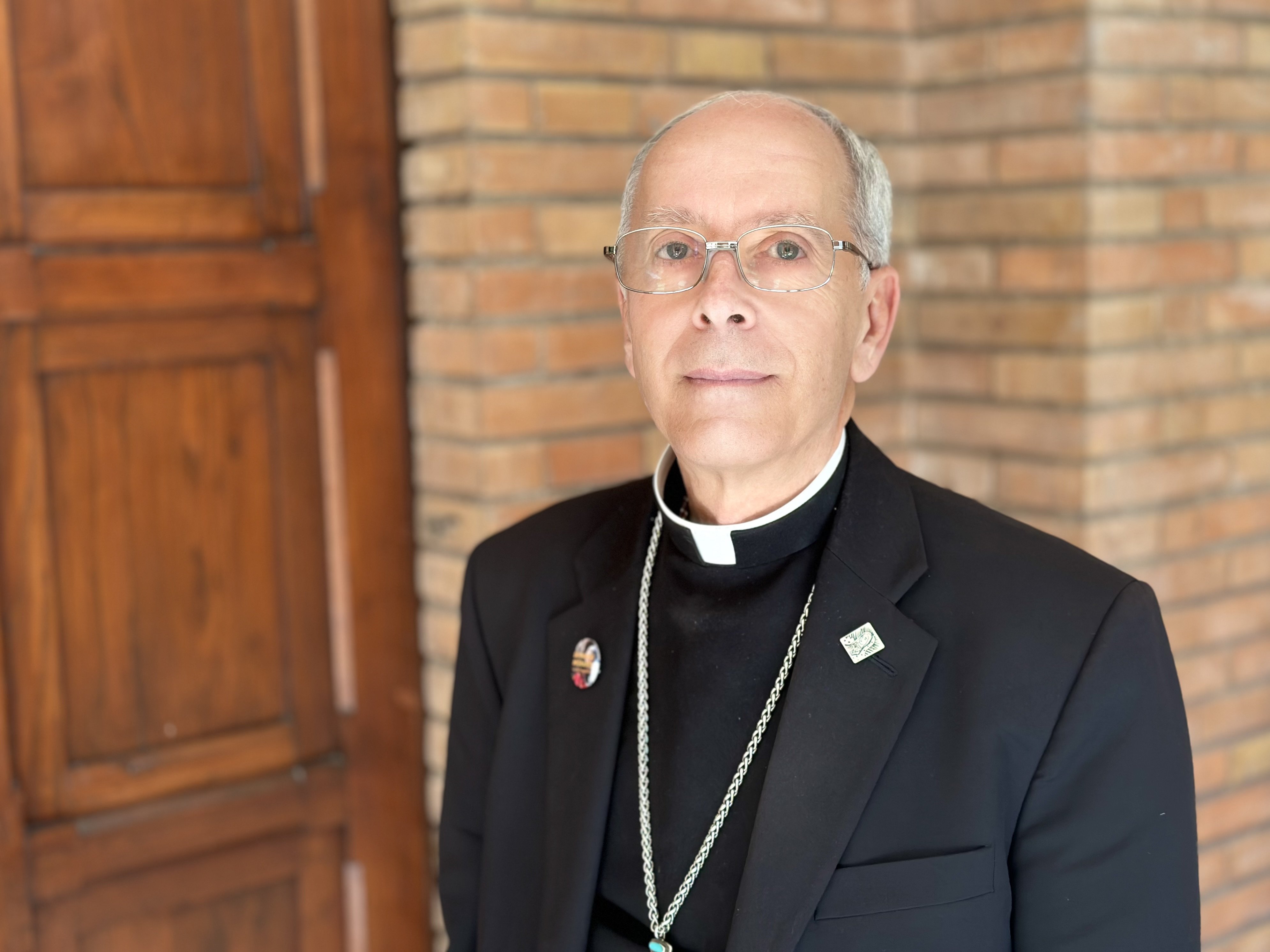November 22, 2022 at 4:55 p.m.
The 6-foot-9-inch ex-Swiss Guard is an entrepreneur, teacher and enthusiastic cheerleader of the American dream. He is also the author of a new book called “The Art of Principled Entrepreneurship: Creating Enduring Value.”
Business books are not everyone’s favorite reading, but if you are an entrepreneur, or want to be, there is a lot of useful advice in these pages. There may also be advice useful for Catholic leaders as well.
“The Art of Principled Entrepreneurship” differs from many business books in that it wants us to think about business as more than just dollars and cents, profit and loss. Widmer is proposing a humanistic vision of what entrepreneurship can be. In doing so, he is also providing a seditiously Catholic critique of some of the excesses in the business world.
Those excesses are on full display these days, from the mass firings at Twitter and the collapse of the crypto currency company FTX, to the huge profits by multinationals even as inflation wreaks havoc on family budgets. The shiny stars of the capitalist universe are looking a bit tarnished.
Widmer scolds a “go for the gold” business culture peopled by MBAs who “dream of making it big in the stock market or a windfall from some financial scheme,” people who he says are more interested in harvesting than in sowing and creating. Large multinationals are good at eliminating jobs, he notes, while entrepreneurs are job creators.
For Widmer, principled entrepreneurship focuses on building up and supporting employees and meeting customer needs, not just hustling for profit. Widmer is an unabashed advocate of capitalism done right.
Of the market economy he writes, “Although it has lots of room for improvement — primarily among its participants — I found it to be the system that best supports human flourishing and freedom.”
Indeed, he calls it the “highest achievement of Western civilization: a system of personal freedom and responsibility that can bring about the common good.”
His emphasis on the common good as a serious business consideration is the product of his Catholic formation and echoes talks given by Pope Francis.
“We ought to be rewarded for our excellent work and profit from our business — that’s what distinguishes it from a hobby,” Widmer writes. “But the intrinsic focus is not on getting the largest reward, rather, it’s on adding value and contributing to the greater good.”
Like all business books, Widmer’s offers a wealth of observations and guidance for an ethical and productive culture of entrepreneurship.
He creates “five pillars of Principled Entrepreneurship.” They include such maxims as “The Economy Exists for People, Not People for the Economy,” and “Principled Entrepreneurs Always Seek to Create Win-Win Solutions.”
My favorite, however, is “Culture Eats Strategy for Breakfast.”
“Culture is what we do when no one is looking. It shows what’s of ultimate importance to us. It’s what’s left when push comes to shove — when virtue signaling is over and the ‘real’ work begins.”
Widmer identifies “broken values” and “bad corporate leadership” for flawed business cultures that leave employees disengaged and cynical. He discusses teambuilding, advocating “a company where there are no ‘employees’ but only team members.”
Reading Widmer’s book made me wonder if it would benefit not just budding entrepreneurs, but seminarians, pastors and bishops as well.
Culture eats strategy for breakfast, and pastoral letters and position papers will not suffice where there is a culture that tolerates mediocrity and that is characterized by conflict avoidance and workarounds.
Every pastor is an entrepreneur. Every bishop is a CEO. Andreas Widmer has some lessons to teach both.
Erlandson, director and editor-in-chief of Catholic News Service, can be reached at [email protected].
SOCIAL MEDIA
OSV NEWS
- Drawing on their own experience, families say homeschooling cultivates priestly vocations
- Prayer for beloved dead is sign of hope of being together again, pope says
- ICE bars Chicago bishop from giving detained Catholics holy Communion on All Saints
- Full text of Pope Leo XIV’s homily on All Saints Day
- At education Jubilee, pope names St. John Henry Newman ‘doctor of the church’
- What is incorruptibility? Here’s what faith and science have to say
- Washington Roundup: Trump wants filibuster nixed; SNAP payments ordered; nuclear tests back, and more
- BREAKING: Diocese announces religious visa lawsuit deal with national implications
- Trump administration sets record-low cap on refugees, with focus on white South Africans
- Key off-year elections dominated by Trump, ongoing cost-of-living concerns








Comments:
You must login to comment.